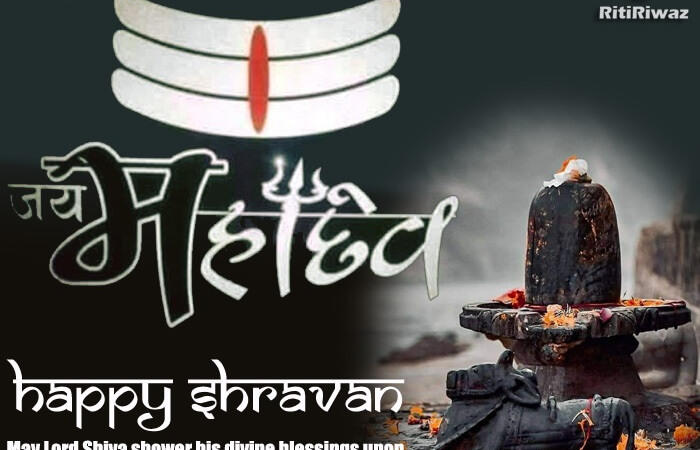Corruption In India

Corruption is a widespread phenomenon and affects both the economy and society at large. The evil of corruption is felt not only in the modern world it was seen in ancient times too.
The word corruption means the moral degradation of a person who gives undue favors to someone for monetary or other considerations. It could also be favoritism shown towards one relative or friend. History has proved that corruption was prevalent in political and civic life even during Mauryas. The great political statesman, Chanakya or Kautilya, has discussed corruption in his popular book Arthashastra. However, due to the immense development of the media, corruption is getting exposed and investigated today.
It has become rampant in almost all walks of a common man’s life. One faces corruption right from his birth till his death. For instance, there is corruption in hospitals, educational institutions, offices, government departments, and even in crematoriums and graveyards.
Corruption is a lack of intellectual integrity, financial integrity, or moral integrity. The two most common causes of corruption are institutional weakness and social interaction effects. India is the 78 least corrupt nation out of 180 countries in corruption index according to Transparency International in its Corruption Perceptions Index (CPI). The least corrupt countries are New Zealand, Denmark, Finland, Norway, Switzerland, Singapore, Sweden, Canada, Luxembourg, the Netherlands, and the UK. Just above India on the list are China, Serbia, Suriname, Trinidad, and Tobago.
In India, there are innumerable cases of corruption that come into notice from time to time. Scandals such as Bofors, Fairfax have shaken the nation, and corruption in defense deals is very alarming and disturbing for a country. There was also news in the media about kickbacks even in the procurement of coffins for the Kargil heroes. Bribery is the most common form of corruption in India. Government departments hardly do a job without taking bribes in some way or another. Departments like Income Tax, Customs, and Excise, C.P.W.D., Municipalities, etc. are reportedly ill-famous in this regard.
Educational institutes, such as schools and colleges, have also been affected by the cancer of corruption. Reputed and big schools in most of the cities are famous for taking high donations for the admission of students. Certain medical, engineering, and management institutions are reported for taking donations for the admission of students. Committing frauds with mark sheets of students, manipulating the results of the examination, all form a part of the corruption and can ruin the career and the future of a deserving student.
Corruption is more pronounced in politics and is an open secret that every candidate has to spend enormous sums of money to contest an election. Once elected, he is tempted to compensate the amount spent by fair or foul means which leads to enormous corruption in politics.
Corruption is also widespread in trade and commerce where unscrupulous traders indulge in corrupt practices, like black marketing, adulteration, etc to cheat the customers. Big businesses and multinationals amass a lot of black money by indulging in unfair practices. Hence no sphere of activity dealt with the common man is free from corruption.
After Independence, there were many government activities, programs, and projects involving massive investments, and lack of adequate control and accountability leads to corruption. Influential people began to think of their own vested interests.
In India, there is the existence of too many controls, rules and regulations, restrictions, permits, and licenses. Those who are at the helm of the affairs, make a lot of money by it. Not only in India corruption is a global phenomenon and every country is compelled to face the jinx of corruption.
The best way to deal with this menace is to eradicate it from its roots. Rules and regulations must be simplified so they are easily understood by a common man. Persons of only high moral character and proven integrity should be chosen for a government job.
People should be educated and well aware of their rights and duties and should be bold enough to assert their rights. Corruption can be kept under check by the formation of vigilance machinery, but wholehearted support and co-operation of the people are still needed.
Suggested Read: Major Political Parties In India






